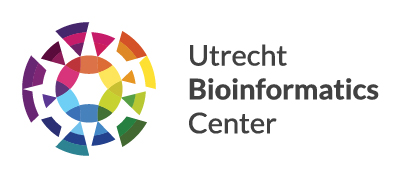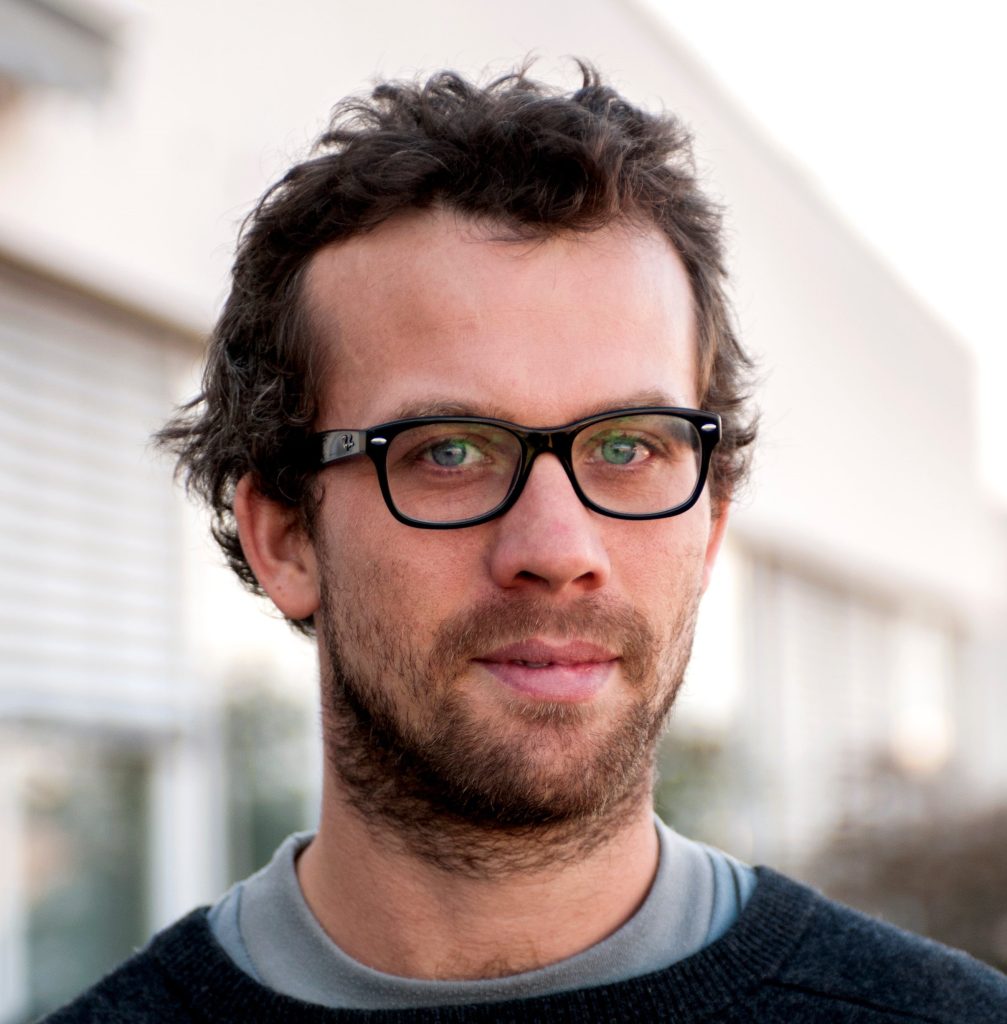On Monday, January 29 at 16:00, Dr. Lucas Kaaij from the Center for Molecular Medicine, UMCU will share his most recent bioinformatics related research.
Just come without registration. Don’t miss this opportunity to learn more about the work of one of our new PIs and to catch up with other UBCers with drinks!
GuidedNOMe-seq: Genome scale quantitative insight in chromatin states
Since the introduction of next generation sequencing technologies, the field of epigenomics has evolved rapidly. However, most commonly used assays are enrichment-based methods and thus only semi-quantitative. Nucleosome occupancy and methylome sequencing (NOMe-seq) allows for quantitative inference of chromatin states with single locus resolution, but this requires high sequencing depth and is therefore prohibitively expensive to routinely apply to organisms with large genomes. To overcome this limitation, we introduce guidedNOMe-seq, where we combine NOMe profiling with large scale sgRNA synthesis and Cas9-mediated region-of-interest (ROI) liberation. We extensively benchmark guidedNOMe-seq in a proof-of-concept study, dissecting the interplay of ChAHP and CTCF on chromatin. In summary we introduce a cost-effective, scalable, and customizable targeted enrichment extension to the existing NOMe-seq protocol allowing genome-scale quantification of nucleosome occupancy and transcription factor binding at single allele resolution.
There will be a 35-min presentation followed by a 15-min in-depth discussion.
Speaker overview
Dr. Lucas Kaaij is an assistant professor at the Center for Molecular Medicine, University Medical Center Utrecht Utrecht (UMCU). Throughout his scientific career he has been captivated by the observation that seemingly identical cells with the exact same genetic material can give rise to a multicellular organism with numerous different cell types with highly specific functions. Epigenetic mechanisms play an important role during the differentiation of cells to specific cell types. In his laboratory they study various aspects related to this, ranging from histone modifications to 3D genome organization. They study these processes primarily in mouse embryonic stem cells. Commonly used techniques in their laboratory are cell culture, CRISPR-cas9 genome editing and a range of genome-wide sequencing techniques.
Location: Minneart Building 2.01
Please join our UBC Slack workspace and we will keep you posted: click here.

